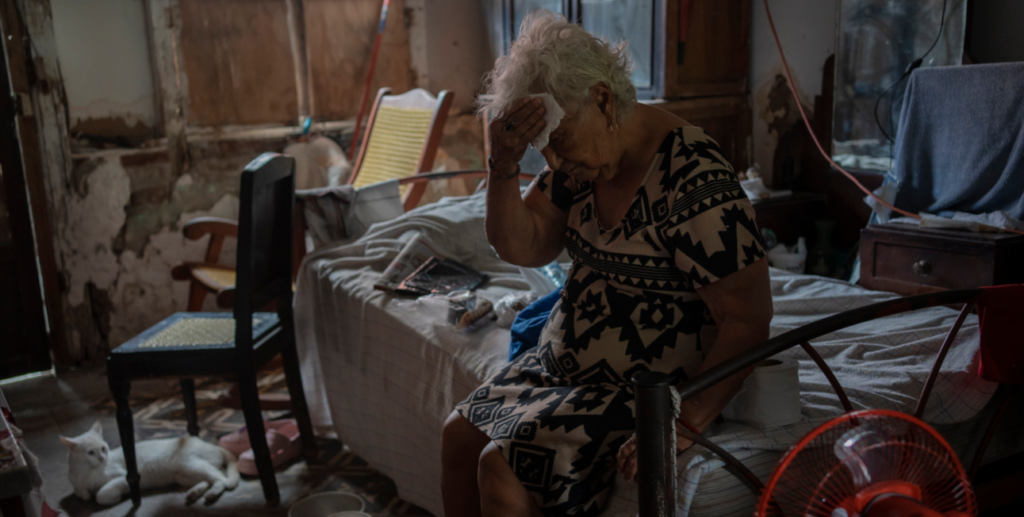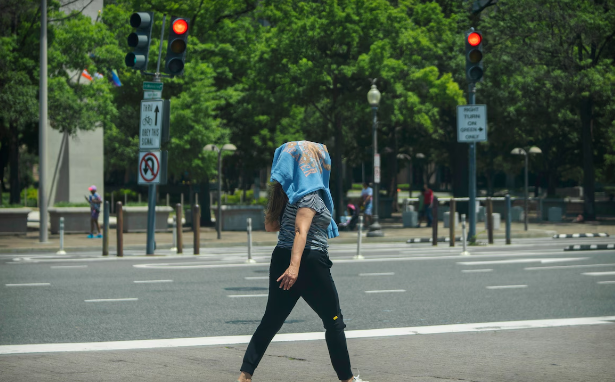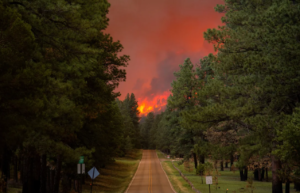
Surviving the Heat Wave: Essential Tips for Staying Cool and Safe
As a blistering heat wave grips the Northeastern United States, millions of Americans are facing record-breaking temperatures and oppressive conditions. From Boston to New York City, cities are experiencing highs that haven’t been seen in over a century. Here’s everything you need to know to stay safe and comfortable during this intense heat wave.
Understanding the Heat Wave
The current heat wave is attributed to a persistent high-pressure system known as a “heat dome.” This weather phenomenon traps hot air over a region, preventing cooler air from circulating and causing temperatures to soar. Meteorologists warn that the heat wave is expected to persist, with temperatures remaining well above normal for the foreseeable future.
Tips for Staying Safe in the Heat
1. Stay Hydrated: One of the most important precautions during a heat wave is to drink plenty of water. Dehydration can happen quickly in extreme heat, so it’s essential to keep fluids flowing. Avoid alcoholic beverages and excessive caffeine, as they can contribute to dehydration.
2. Seek Cool Environments: If possible, stay indoors in air-conditioned spaces during the hottest parts of the day. Local libraries, shopping malls, and community centers often provide relief from the heat. If you don’t have air conditioning at home, consider spending time in these public places to stay cool.
3. Use Cooling Centers: Many cities and towns open cooling centers during heat waves to provide residents with a safe place to cool off. These centers are typically equipped with air conditioning and may offer water and snacks. Check with your local government or community organizations to find the nearest cooling center.
4. Dress Appropriately: Wear lightweight, loose-fitting clothing in light colors to reflect sunlight and heat. A wide-brimmed hat and sunglasses can also provide protection from the sun when you need to be outdoors.
5. Keep Your Home Cool: Close curtains or blinds during the day to block out direct sunlight. Use fans to circulate air within your home and consider using air conditioning if available. Set your thermostat to a comfortable temperature that isn’t too cold to avoid overloading the electrical grid.
6. Limit Outdoor Activities: If you need to be outside, try to do so during the early morning or late evening when temperatures are cooler. Avoid strenuous activities during the peak heat hours, typically between 10 a.m. and 4 p.m.
7. Check on Vulnerable Individuals: Keep an eye on elderly neighbors, young children, and those with chronic illnesses who may be more susceptible to heat-related illnesses. Encourage them to stay hydrated and cool, and offer assistance if needed.
8. Never Leave Children or Pets in Cars: Even on relatively mild days, temperatures inside a parked car can quickly reach dangerous levels. Never leave children, pets, or vulnerable individuals alone in a vehicle, even for a short period.
9. Stay Informed: Monitor local weather forecasts and heat advisories issued by the National Weather Service. These alerts provide important information about heat index levels and potential health risks associated with prolonged exposure to high temperatures.
Additional Considerations
10. Eat Light and Balanced Meals: During hot weather, opt for smaller, more frequent meals that are easy to digest. Avoid heavy, hot foods that can increase your body temperature.
11. Use Sunscreen: Protect your skin from sunburn and heat-related skin damage by applying sunscreen with a high SPF before going outside. Reapply sunscreen regularly, especially if you are sweating or swimming.
12. Stay Connected: Keep in touch with friends, family, and neighbors during the heat wave to ensure everyone is safe and informed. Share tips for staying cool and offer assistance to those who may need help.
Conclusion
As temperatures continue to soar across the Northeastern United States, taking precautions to stay cool and hydrated is crucial for staying healthy and safe. By following these tips and staying informed about local weather conditions, you can minimize the risk of heat-related illnesses and enjoy the summer season responsibly.
Remember, heat waves can be particularly challenging for vulnerable populations, including the elderly, young children, and those with pre-existing health conditions. Checking in on loved ones and offering support can make a significant difference during extreme weather events.
For more information on staying safe during a heat wave and finding cooling centers near you, visit your local government’s website or contact your city’s department of health. Stay cool, stay hydrated, and stay informed as we navigate this intense heat wave together.
New Mexico is currently battling severe wildfires that have already claimed one life and leading to widespread evacuations in Lincoln County and the Mescalero Apache Reservation.
The situation remains critical as firefighters try to contain the fast-spreading fires that threaten populated areas such as Ruidoso and Ruidoso Downs.
Here’s a detailed look at the ongoing crisis, the impact on communities and ongoing efforts to mitigate the damage.
















+ There are no comments
Add yours